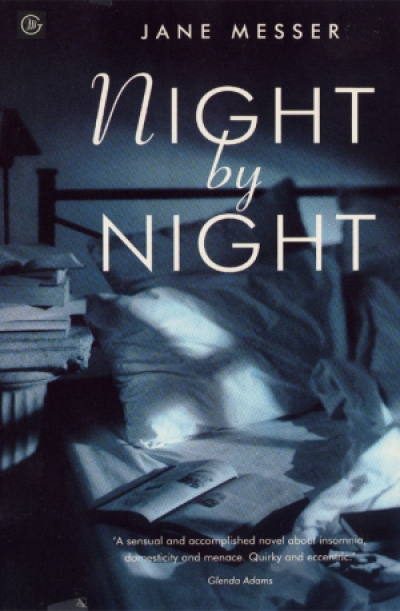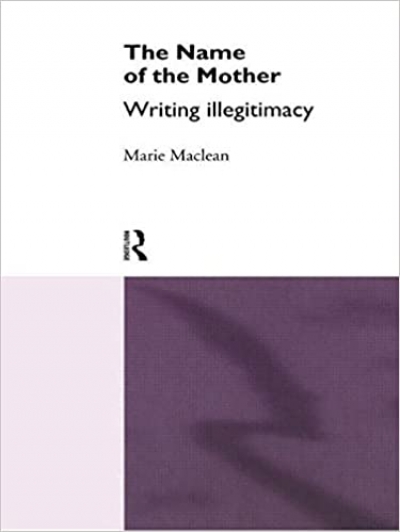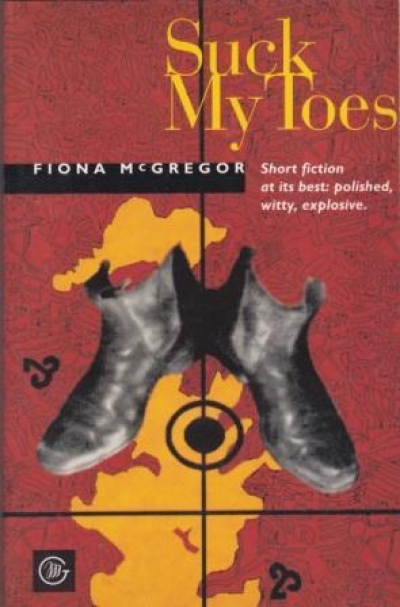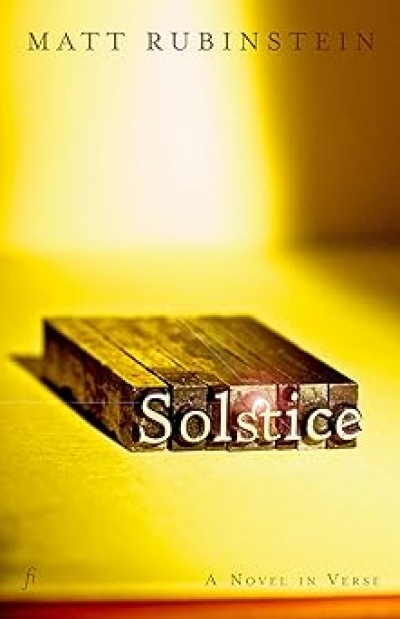Archive
EcCentric Visions: ReConstructing Australia by Gaile McGregor
On a current affairs segment devoted to the events in Rwanda an Israeli doctor spoke with a great sense of purpose about the work he wad doing to save lives, especially those of Rwandan children. I feel so proud to be here, he told the interviewer, pointing out how the water he was providing to the patients could make all the difference between life and death. There was no denying his commitment, but there was something in his answers which subtly conflicted with his humanitarianism. Another interview followed with an African woman, an army nurse, who was forced to attend to the Rwandan refugees by virtue of her employment. When asked how she felt about the situation, she replied, with admirable precision, that it was horrible. This response clearly perplexed the interviewer. Of course, the crisis itself was ‘horrible’, but surely her role in it partook of the heroic. He tried again: Yes, but how do you feel? A long pause, and then her angry reply: I don’t want to talk about my personal feelings.
... (read more)The Name of the Mother: Writing illegitimacy by Marie Maclean
When I discovered that a novel set in my native Newfoundland had won the 1993 Irish Times International Fiction Prize, I was a little surprised. Newfoundland, isolated and little known outside Canada, seemed an unlikely setting for an acclaimed novel.
... (read more)
